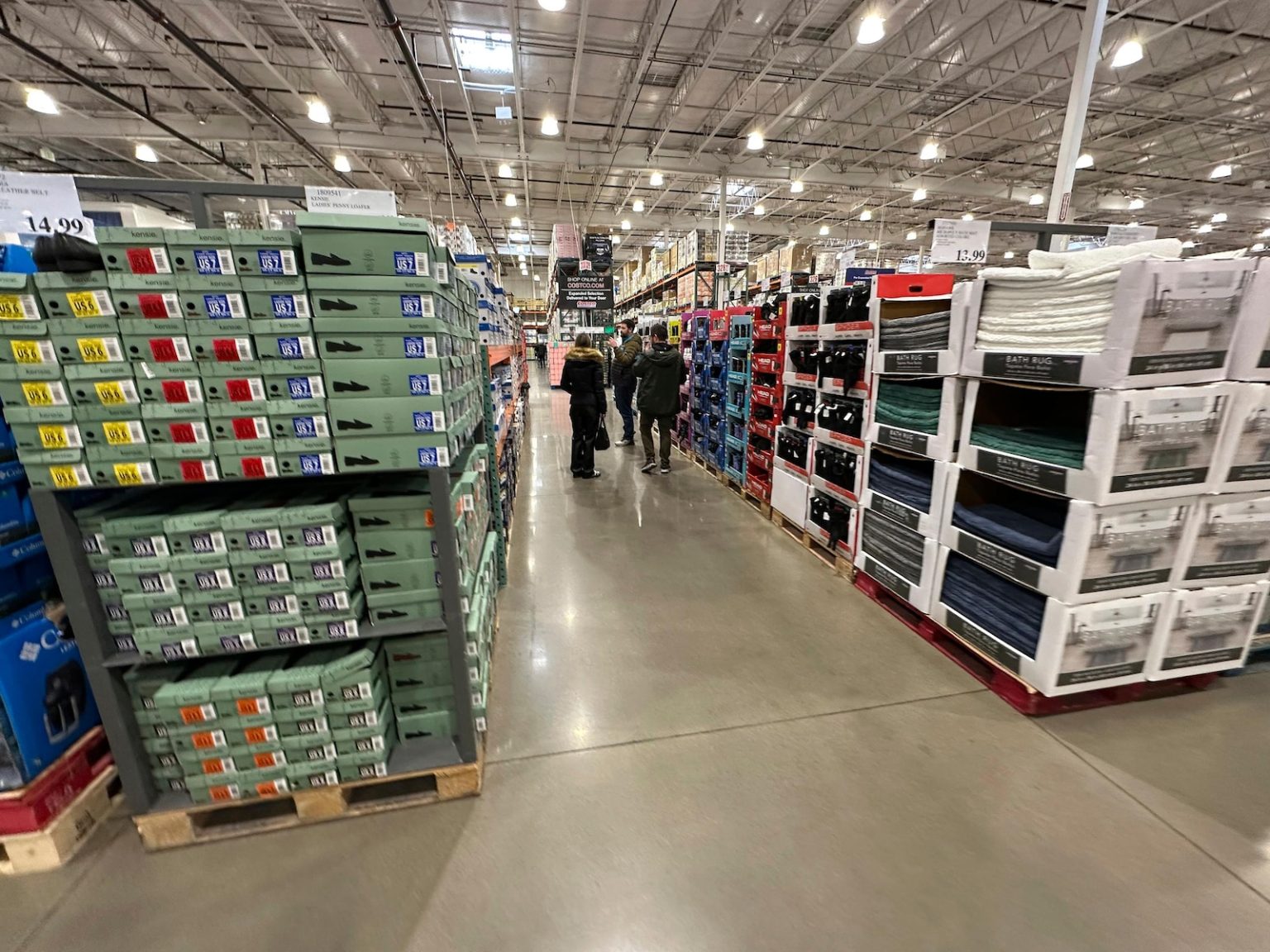Consumer Confidence Sees a Sharp Decline in February
The U.S. economy experienced a significant shock in February as consumer confidence plummeted to its lowest level in over four years. According to a report released by The Conference Board, a business research group, the consumer confidence index dropped sharply from 105.3 in January to 98.3 in February. This seven-point decline marked the largest monthly decrease since August 2021, catching economists off guard. Analysts had predicted a much smaller dip, with expectations hovering around 103, as indicated by a FactSet survey. The sudden and dramatic fall in confidence has raised concerns about the health of the U.S. economy, particularly as inflation remains stubbornly high and a trade war under President Donald Trump appears increasingly inevitable to many Americans.
Economic Worries and Market Reactions
The sharp decline in consumer confidence was met with immediate reactions from Wall Street, as U.S. markets took a nosedive. The S&P 500 fell by 0.7%, while the Dow Jones Industrial Average slid 1.7%, and the Nasdaq dropped 1.4%. The sell-off reflects growing unease among investors about the outlook for the U.S. economy. Consumers, in particular, expressed heightened concerns about inflation, with a significant increase in mentions of trade and tariffs in The Conference Board’s survey. These concerns seem to be taking a toll on public sentiment, as Americans grow increasingly pessimistic about the future.
Americans’ Short-Term Economic Expectations Sour
The Conference Board’s report revealed that the measure of Americans’ short-term expectations for income, business, and the job market fell by 9.3 points to 72.9. This decline is particularly alarming because The Conference Board notes that a reading below 80 can signal a potential recession in the near future. The proportion of consumers expecting a recession over the next year also surged to a nine-month high, further underscoring the growing sense of unease. Additionally, consumers’ views of the current labor market conditions worsened, with pessimism about future employment prospects reaching a ten-month high. These findings suggest that Americans are becoming increasingly concerned about their financial stability and the direction of the economy.
Consumer Spending and Retail Sales Take a Hit
Despite a strong showing during the 2024 holiday season, when consumers spent generously, U.S. retail sales dropped sharply in January. The Commerce Department reported a 0.9% decline in retail sales from December, marking the largest drop in a year. This downturn came after two consecutive months of healthy gains, and some of the blame has been placed on cold weather, which reportedly dampened vehicle sales at retail stores. The decline in retail sales is particularly concerning because consumer spending accounts for approximately two-thirds of U.S. economic activity. As a result, economists closely monitor consumer behavior for signs of broader economic trends.
Inflation and Trade Tensions Weigh on Consumer Sentiment
The sharp decline in consumer confidence can be attributed, at least in part, to persistent inflation and growing concerns about a trade war. Americans are increasingly frustrated with rising prices, which seem to be sticking at elevated levels despite efforts to control them. At the same time, the specter of a trade war under President Donald Trump appears to be becoming a reality in the eyes of many consumers. The Conference Board’s survey highlighted a significant increase in mentions of trade and tariffs, indicating that these issues are now weighing heavily on the minds of Americans. As inflation continues to erode purchasing power and trade tensions escalate, it is little wonder that consumer sentiment has taken a hit.
What This Means for the U.S. Economy
The plummeting consumer confidence index and the associated drop in retail sales raise important questions about the trajectory of the U.S. economy. With consumer spending playing such a critical role in driving economic growth, any decline in confidence could have far-reaching implications. The report from The Conference Board suggests that Americans are becoming increasingly pessimistic about the future, with concerns about inflation, trade, and employment contributing to this gloomy outlook. As a result, economists and policymakers will be closely watching consumer behavior in the coming months to gauge whether this downturn is a temporary blip or the start of a more sustained economic slowdown.
Conclusion: A Call for Caution
In summary, February’s sharp decline in consumer confidence underscores the growing challenges facing the U.S. economy. With inflation stubbornly high, trade tensions simmering, and consumer sentiment souring, there are plenty of reasons for caution. The markets have already responded with a sell-off, and the decline in retail sales adds to the sense of unease. While it is too early to predict a recession with certainty, the warning signs are clear. Americans are feeling the pinch, and their concerns about the future could have a real impact on economic activity in the months ahead. As such, policymakers will need to act carefully to address these challenges and restore confidence in the economy.















